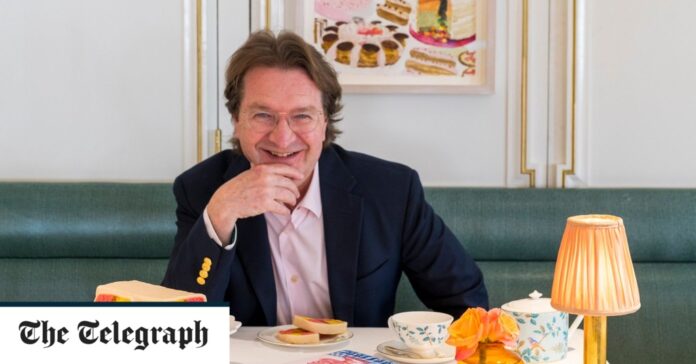I’ve just completed an epic exploration of the heritage of the nation’s favourite teatime snack
Britain loves cake. It is there for all of our most significant moments: birthdays, weddings, greetings and farewells, for every special day … and also for the everyday moments of relaxation and rejuvenation, a comforting slice next to the cuppa, a tiny moment of luxury and reward.
For many of us, baking a cake is fun and therapeutic too, and if that seems like too much hard work we can always kick back and enjoy watching other people make – or fail to make – them: the 14th series of The Great British Bake Off gets under way on Tuesday.
In all these ways, cake is a central part of our national life, but one perhaps that we take for granted. One day a couple of years ago I was enjoying a day off in London and treated myself to a cup of tea and a slice of Battenberg cake in Fortnum & Mason’s tea room in Piccadilly – a much more affordable treat than lunch or dinner.
I was sitting there sipping tea and nibbling cake, and I started to wonder how the cake I was eating came by its name – was it something to do with the Royal family? Then I wondered what the chequerboard design was all about … and before long I was pondering deeper matters, such as Who Invented Sponge Cake Anyway, Where Does the Word Cake Come From, and What is Going on with Colin the Caterpillar?


